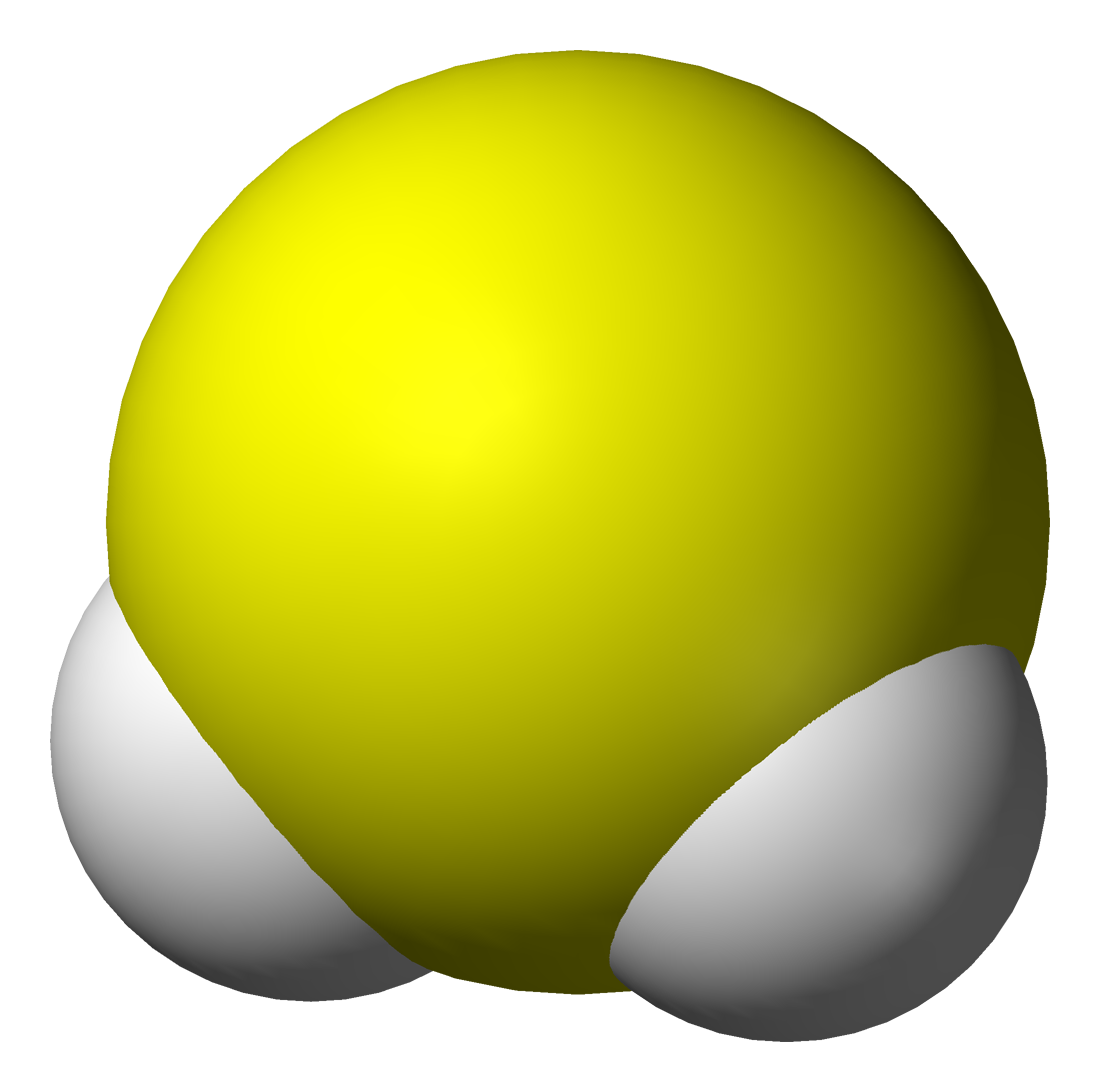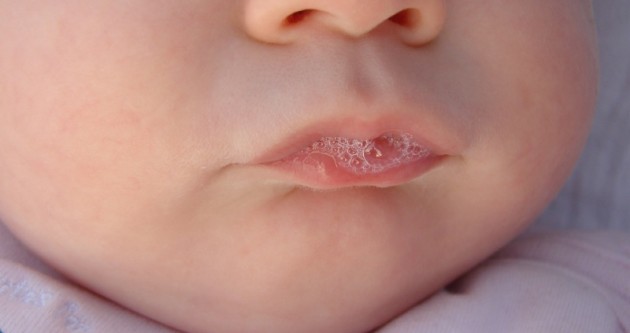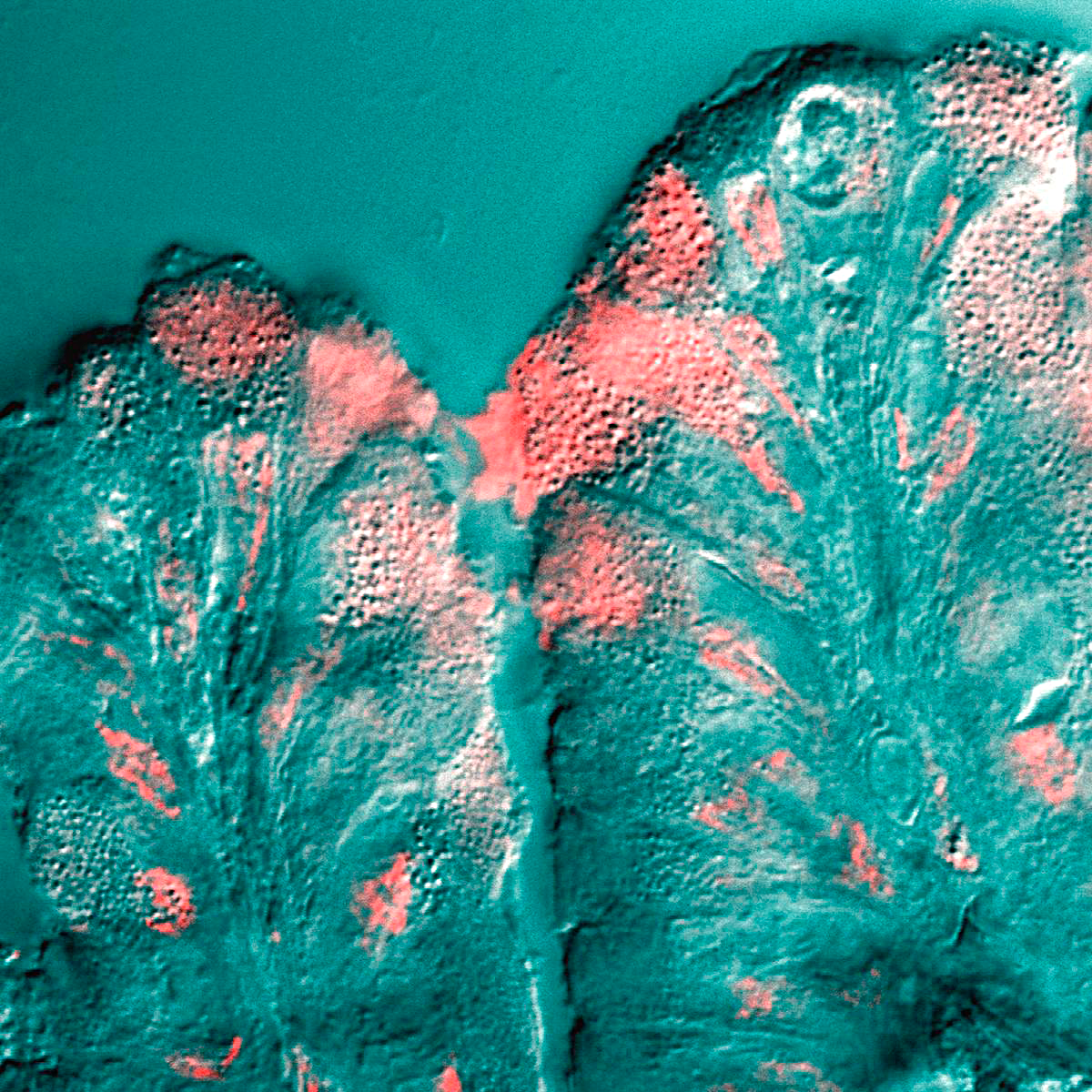|
Disgust
Disgust (, from Latin , ) is an emotional response of rejection or revulsion to something potentially contagious or something considered offensive, distasteful or unpleasant. In ''The Expression of the Emotions in Man and Animals'', Charles Darwin wrote that disgust is a sensation that refers to something revolting. Disgust is experienced primarily in relation to the sense of taste (either perceived or imagined), and secondarily to anything which causes a similar feeling by sense of Olfaction, smell, Somatosensory system, touch, or Visual perception, vision. Musically sensitive people may even be disgusted by the cacophony of inharmonious sounds. Research has continually proven a relationship between disgust and anxiety disorders such as arachnophobia, blood-injection-injury type phobias, and contamination fear related obsessive–compulsive disorder (also known as OCD). Disgust is one of the basic emotions of Robert Plutchik's theory of emotions, and has been studied extensiv ... [...More Info...] [...Related Items...] OR: [Wikipedia] [Google] [Baidu] |
Paul Rozin
Paul Rozin (born 1936) is a professor of psychology at the University of Pennsylvania. He teaches two Benjamin Franklin Scholars (BFS) honors courses and graduate level seminars. He is also a faculty member in the Master of Applied Positive Psychology program started by Martin Seligman. He is described as the world's leading expert on disgust. His work focuses on the psychological, cultural, and biological determinants of human food choice. Rozin earned a bachelor's degree from the University of Chicago in 1956, and doctoral degrees in biology and psychology from Harvard University in 1961. In 1963, he joined the psychology department at the University of Pennsylvania, where in 1997 he was named the Edmund J. and Louise W. Kahn Professor. In 2016, he was awarded a Senior Fellowship of the Zukunftskollegs at the University of Konstanz.https://www.uni-konstanz.de/zukunftskolleg/community/senior-fellows/ He also served as co-director of the school's Solomon Asch Center for the Study ... [...More Info...] [...Related Items...] OR: [Wikipedia] [Google] [Baidu] |
Feces
Feces (also known as faeces American and British English spelling differences#ae and oe, or fæces; : faex) are the solid or semi-solid remains of food that was not digested in the small intestine, and has been broken down by bacteria in the large intestine. Feces contain a relatively small amount of metabolic waste products such as bacterially-altered bilirubin and dead epithelial cells from the lining of the gut. Feces are discharged through the anus or cloaca during defecation. Feces can be used as fertilizer or soil conditioner in agriculture. They can also be burned as dry animal dung fuel, fuel or dried and used for wattle and daub, construction. Some medicinal uses have been found. In the case of human feces, fecal transplants or fecal bacteriotherapy are in use. Urine and feces together are called excretion, excreta. Characteristics The distinctive odor of feces is due to skatole, and thiols (sulfur-containing compounds), as well as amines and carboxylic acids. Sk ... [...More Info...] [...Related Items...] OR: [Wikipedia] [Google] [Baidu] |
Emotion
Emotions are physical and mental states brought on by neurophysiology, neurophysiological changes, variously associated with thoughts, feelings, behavior, behavioral responses, and a degree of pleasure or suffering, displeasure. There is no scientific consensus on a definition. Emotions are often reciprocal determinism, intertwined with mood (psychology), mood, temperament, personality psychology, personality, disposition, or creativity. Research on emotion has increased over the past two decades, with many fields contributing, including psychology, medicine, history, sociology of emotions, computer science and philosophy. The numerous attempts to explain the origin, functional accounts of emotion, function, and other aspects of emotions have fostered intense research on this topic. Theorizing about the evolutionary origin and possible purpose of emotion dates back to Charles Darwin. Current areas of research include the neuroscience of emotion, using tools like positron ... [...More Info...] [...Related Items...] OR: [Wikipedia] [Google] [Baidu] |
Robert Plutchik
Robert Plutchik (21 October 1927 – 29 April 2006) was an American psychologist who was professor emeritus at the Albert Einstein College of Medicine and adjunct professor at the University of South Florida. He received his Ph.D. from Columbia University. He authored or coauthored more than 260 articles, 45 chapters and eight books and edited seven books. His research interests included the study of emotions, the study of suicide and violence, and the study of the psychotherapy process. Early life and education Plutchik was born in Brooklyn, New York on October 21, 1927, the son of Leon Plutchik (a tailor) and Libby (Solow) Plutchik. He earned a scholarship to City College of New York, graduating in 1949, and later completed his master’s (1950) and doctoral (1952) degrees at Columbia University. Career During his career, Plutchik taught at several institutions, including Hofstra University (1951-1967), Columbia University (1967-1968), and Bronx State Hospital (1968-1971), e ... [...More Info...] [...Related Items...] OR: [Wikipedia] [Google] [Baidu] |
Sadness
Sadness is an emotional pain associated with, or characterized by, feelings of disadvantage, loss, despair, grief, helplessness, disappointment and sorrow. An individual experiencing sadness may become quiet or lethargic, and withdraw themselves from others. An example of severe sadness is depression, a mood which can be brought on by major depressive disorder or persistent depressive disorder. Crying can be an indication of sadness. Sadness is one of the six basic emotions described by Paul Ekman, along with happiness, anger, surprise, fear, and disgust. Childhood Sadness is a common experience in childhood. Sometimes, sadness can lead to depression. Some families may have a (conscious or unconscious) rule that sadness is "not allowed", but Robin Skynner has suggested that this may cause problems, arguing that with sadness "screened off", people can become shallow and manic. Pediatrician T. Berry Brazelton suggests that acknowledging sadness can make it ... [...More Info...] [...Related Items...] OR: [Wikipedia] [Google] [Baidu] |
Arachnophobia
Arachnophobia is the fear of spiders and other arachnids such as scorpions and ticks. The word "arachnophobia" comes from the Greek words arachne and phobia. Signs and symptoms People with arachnophobia tend to feel uneasy in any area they believe could harbour spiders or that has visible signs of their presence, such as webs. If arachnophobes see a spider, they may not enter the general vicinity until they have overcome the panic attack that is often associated with their phobia. Some people scream, cry, have emotional outbursts, experience trouble breathing, sweat and experience increased heart rates when they come in contact with an area near spiders or their webs. In some extreme cases, even a picture, a toy, or a realistic drawing of a spider can trigger intense fear. Reasons Arachnophobia may be an exaggerated form of an instinctive response that helped early humans to survive or a cultural phenomenon that is most common in predominantly European societies. Evolut ... [...More Info...] [...Related Items...] OR: [Wikipedia] [Google] [Baidu] |
Urine
Urine is a liquid by-product of metabolism in humans and many other animals. In placental mammals, urine flows from the Kidney (vertebrates), kidneys through the ureters to the urinary bladder and exits the urethra through the penile meatus (males) or urethral meatus of the vulva (females) during urination. In other vertebrates, urine is excreted through the cloaca. Urine contains water-soluble by-products of Cell (biology), cellular metabolism that are rich in nitrogen and must be clearance (medicine), cleared from the Circulatory system, bloodstream, such as urea, uric acid and creatinine. A urinalysis can detect nitrogenous wastes of the mammalian body. Urine plays an important role in the earth's nitrogen cycle. In balanced ecosystems, urine fertilizes the soil and thus helps plants to grow. Therefore, Reuse of excreta, urine can be used as a fertilizer. Some animals use it to territory (animal)#Scent marking, mark their territories. Historically, aged or fermented urine (kn ... [...More Info...] [...Related Items...] OR: [Wikipedia] [Google] [Baidu] |
Milk
Milk is a white liquid food produced by the mammary glands of lactating mammals. It is the primary source of nutrition for young mammals (including breastfeeding, breastfed human infants) before they are able to digestion, digest solid food. Milk contains many nutrients, including calcium and protein, as well as lactose and saturated fat; the enzyme lactase is needed to break down lactose. Immune factors and immune-modulating components in milk contribute to milk immunity. The first milk, which is called colostrum, contains antibody, antibodies and immune-modulating components that milk immunity, strengthen the immune system against many diseases. As an agricultural product, Milking, milk is collected from farm animals, mostly cattle, on a dairy. It is used by humans as a drink and as the base ingredient for dairy products. The US Centers for Disease Control and Prevention, CDC recommends that children over the age of 12 months (the minimum age to stop giving breast milk or Ba ... [...More Info...] [...Related Items...] OR: [Wikipedia] [Google] [Baidu] |
Saliva
Saliva (commonly referred as spit or drool) is an extracellular fluid produced and secreted by salivary glands in the mouth. In humans, saliva is around 99% water, plus electrolytes, mucus, white blood cells, epithelial cells (from which DNA can be extracted), enzymes (such as lingual lipase and amylase), and antimicrobial agents (such as secretory IgA, and lysozymes). The enzymes found in saliva are essential in beginning the process of digestion of dietary starches and fats. These enzymes also play a role in breaking down food particles entrapped within dental crevices, thus protecting teeth from bacterial decay. Saliva also performs a lubricating function, wetting food and permitting the initiation of swallowing, and protecting the oral mucosa from drying out. Saliva has specialized purposes for a variety of animal species beyond predigestion. Certain swifts construct nests with their sticky saliva. The foundation of bird's nest soup is an aerodramus nest. Venom ... [...More Info...] [...Related Items...] OR: [Wikipedia] [Google] [Baidu] |
Vomiting
Vomiting (also known as emesis, puking and throwing up) is the forceful expulsion of the contents of one's stomach through the mouth and sometimes the nose. Vomiting can be the result of ailments like food poisoning, gastroenteritis, pregnancy, motion sickness, or hangover; or it can be an after effect of diseases such as brain tumors, elevated intracranial pressure, or overexposure to ionizing radiation. The feeling that one is about to vomit is called nausea; it often precedes, but does not always lead to vomiting. Impairment due to alcohol or anesthesia can cause inhalation of vomit. In severe cases, where dehydration develops, intravenous fluid may be required. Antiemetics are sometimes necessary to suppress nausea and vomiting. Self-induced vomiting can be a component of an eating disorder such as bulimia nervosa, and is itself now classified as an eating disorder on its own, purging disorder. Complications Aspiration Vomiting is dangerous if gastric content e ... [...More Info...] [...Related Items...] OR: [Wikipedia] [Google] [Baidu] |
Fear
Fear is an unpleasant emotion that arises in response to perception, perceived dangers or threats. Fear causes physiological and psychological changes. It may produce behavioral reactions such as mounting an aggressive response or fleeing the threat, commonly known as the fight-or-flight response. Extreme cases of fear can trigger an immobilized freeze response. Fear in humans can occur in response to a present stimulus (physiology), stimulus or anticipation of a future threat. Fear is involved in some mental disorders, particularly anxiety disorders. In humans and other animals, fear is modulated by cognition and learning. Thus, fear is judged as rational and appropriate, or irrational and inappropriate. Irrational fears are phobias. Fear is closely related to the emotion anxiety, which occurs as the result of often future threats that are perceived to be uncontrollable or unavoidable. The fear response serves survival and has been preserved throughout evolution. Even simple ... [...More Info...] [...Related Items...] OR: [Wikipedia] [Google] [Baidu] |
Mucus
Mucus (, ) is a slippery aqueous secretion produced by, and covering, mucous membranes. It is typically produced from cells found in mucous glands, although it may also originate from mixed glands, which contain both Serous fluid, serous and mucous cells. It is a viscous colloid containing inorganic ions, inorganic salts, antimicrobial enzymes (such as lysozymes), Antibody, immunoglobulins (especially Immunoglobulin A, IgA), and glycoproteins such as lactoferrin and mucins, which are produced by goblet cells in the mucous membranes and submucosal glands. Mucus covers the Epithelium, epithelial cells that interact with outside environment, serves to protect the linings of the respiratory system, respiratory, Digestion#Digestive system, digestive, and Genitourinary system, urogenital systems, and structures in the Visual system, visual and auditory systems from pathogenic Fungus, fungi, bacteria and viruses. Most of the mucus in the body is produced in the gastrointestinal tract. ... [...More Info...] [...Related Items...] OR: [Wikipedia] [Google] [Baidu] |







